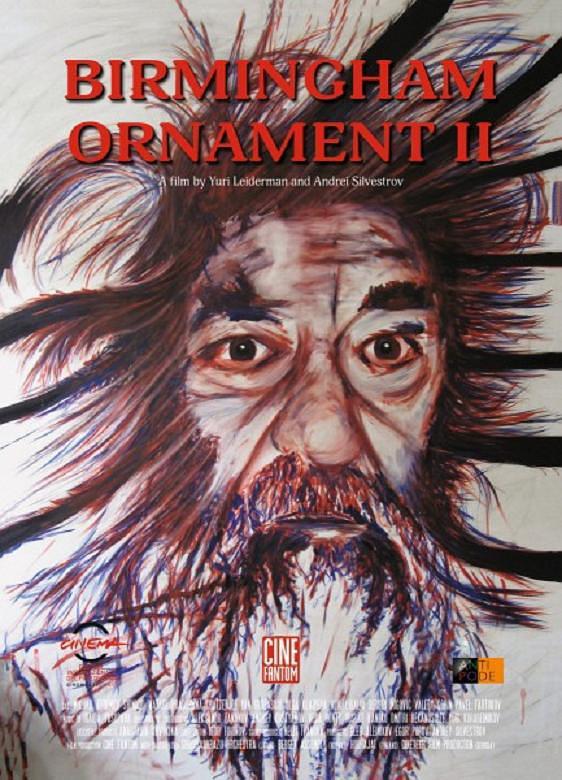伯明翰饰品2Бирмингемский орнамент 2(2013)
又名:Ornamento di Birmingham 2 / Birmingham Ornament 2
上映日期:2013-11-15片长:89分钟
主演:Mikhail Efremov Shinichi Watabe
导演:Yury Leiderman / Andrey Silvestrov /
伯明翰饰品2:在线播放
所有播放无需安装任何插件,如果播放失败,请切换不同线路!云播放已支持缓存秒加载,欢迎使用!
部分http资源不能在https下加载,请将网址切回http.
观看小提示:[DVD标清版] [BD超清版] [HD高清版] [TS抢先版:不清晰]
伯明翰饰品2:最新迅雷BT资源
伯明翰饰品2:最新字幕下载
伯明翰饰品2:剧情介绍
Plot Summary:Why in the world is a Georgian chorus singing a traditional song that unexpectedly mentions the death of Saddam Hussein? The stars of the film, taken by surprise, talk about this odd turn of events \"live\". The conversation then shifts to samurais by the sea, the poets Mandelstam, Kliuev and Gorodezky, Moscow in the 1930s, and a Russian painter who immortalized Putin fishing. All surreal glimpses of the artist's relationship with power. The \"second part\" of a film that stirred a scandal at the Orizzonti section of the 2011 Venice Film Festival. Director's statement The goal of this experimental film was to apply the technology and linguistic peculiarities of modern fine arts to the cinema. The film consists of several lines: each of these lines was shot with its own specific stylistics in different corners of the planet. All the lines in the film intersect to form a common statement expressing criticism of modern civilization and tossing around Oriental tyranny and European democracy's lack of determination.
乔治亚人唱了一首传统的歌曲,这首歌曲会无意中提到萨达姆之死,这是什么原因?电影中的人物,很是好奇地讲述着生命的奇怪的转折。这些谈话漂洋过海传给了日本的武士,诗人曼德尔斯塔姆、Kliuev and Gorodezky, 1930年的莫斯科以及一个俄国的画家,这个画家将打渔的技术传了下来。所有的超现实的艺人与权力关系的惊鸿一瞥。影片的第二部分地平线单元在2011年威尼斯电影节上引起了丑闻。导演评价这个非现实电影的目标是将技术与现代艺术的语言特点应用到电影上。这个电影包括一些语言形式,每一部分的台词应用的是地球上不同角落里所特有的语言形式。电影中所有的这些语言相互交织成了对现代文明的批判,对东方文明的残暴以及欧洲民主缺少决策的讨论。

